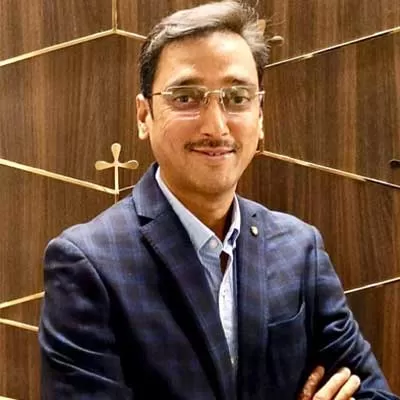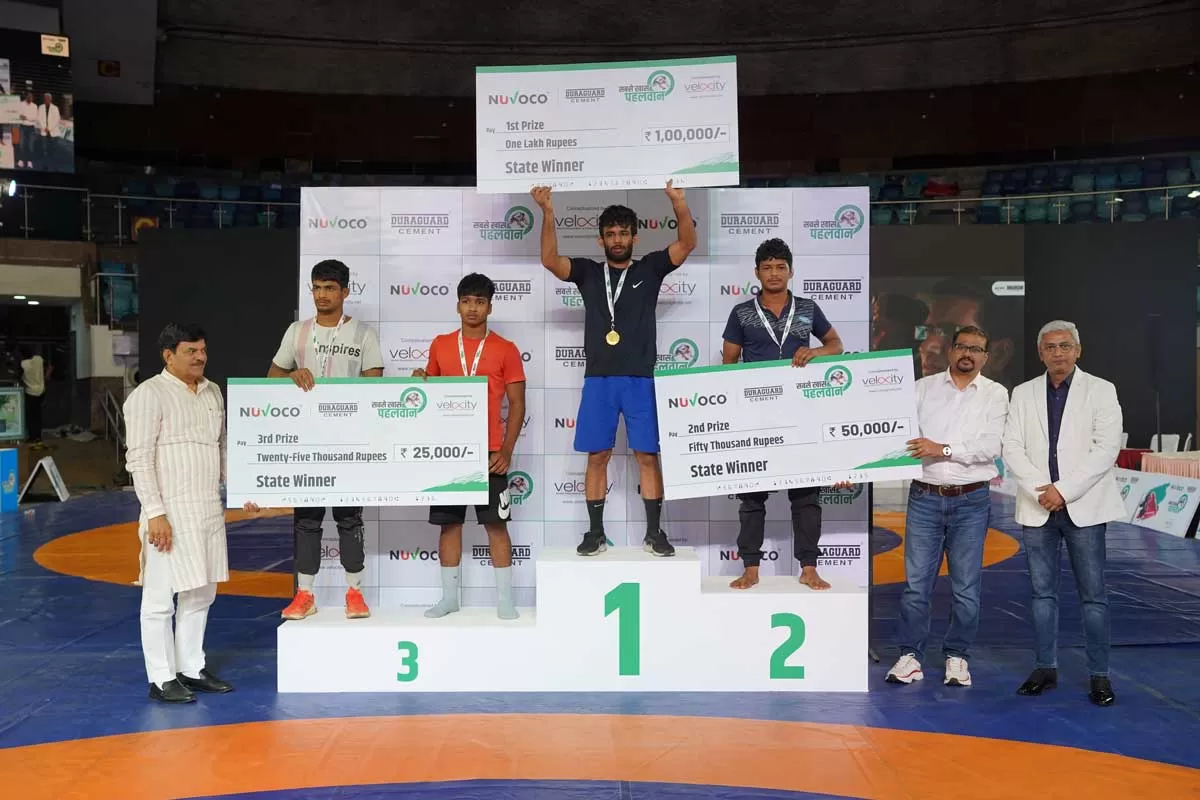The recently launched 5.6 MW solar park in Rajasthan developed under JNNSM is expected to generate 9.6 million units every year, discovers
AHLAM RAIS.
The Jawaharlal Nehru National Solar Mission (JNNSM) has set a target of developing 20,000 MW of grid connected solar power by 2022.
Under this plan, Solairedirect Energy India, a subsidiary of the Solairedirect Group and one of the leading solar independent power producers worldwide, recently launched their first solar project in India - a 5.6 MW solar park near Phalodi in Rajasthan. The project was inaugrated by Dr Farooq Abdullah, Union Minister for New and Renewable Energy along with Theirry Lepercq, Chairman, Solairedirect Group and Gaurav Sood, Managing Director, Solairedirect Energy India.
Going solar
On the launch of the company's maiden solar project in India, Sood says, "Competitive solar power is the need of the hour for meeting the power deficit in the country in a sustainable manner." The solar park is expected to generate clean energy of around 9.6 million units every year, which is enough to power 20,000 households.
Vital components
The solar park is aptly positioned in Rajasthan as the state receives best solar radiation. Sood adds, "Investments remain the same everywhere but output will be the highest in this state, also land is cheap and the availability of grid network is good."
Developing this high-end project required various components such as photovoltaic cells, modules and inverters. Sood says, "We have used crystalline technology in the form of high efficiency panels of 290 Wp to 300 Wp. These help to absorb solar energy and generate power. We have also made use of invertors of 680 KW, which converts direct current into alternate current. We have installed PV boxes comprising inverters and transformers that are factory tested and are placed on foundations on site, thus providing a robust solution over a long period of time. At the basic level, all these components help boost productivity. From an industrial applications point of view; these plants have been built in line with international based practices." The company also made use of the geo-model database to estimate solar insulation across the country and is satisfied with the expected generation of power through this project.
The challenges
There were three important aspects that emerged while constructing this park - land acquisition, power evacuation and the establishment of a transmission line. From the construction aspect, they were not many challenges involved in setting up the project. However, Sood adds, "Acquiring land and its conversion to non-agriculture status was a major challenge. After reviewing many plots, a leveled land in Bap village with close proximity to the grid was finalised for the project." The Bap substation, which was undergoing expansion in the region, proved beneficial for the park's power evacuation capacity and an 8 km transmission line was built from the solar plant to the substation. Constructing the transmission line was another challenge for the company as developers had to obtain the 'right of way' for installing towers and laying underground cables.
Supporting role
The government has supported the project by providing a feed-in tariff, this is the sole subsidy provided by the government. Sood explains, "One of the highlighting factors of this project was that it has been build at a competitive tariff of Rs 7.49 per KWh, making it the most competitive power generating solar asset in the country. Also, the cells, modules, invertors, structures, etc, have all been domestic sourced."
Future plans
The company plans to establish a 21 MW project in Punjab this year, and is expected to construct another 30 MW project in the National Solar Mission Phase-2 in Rajasthan.
Further, it is in talks with leading private companies to sell power. Sood says, "This will be an important part of our strategy for growth in the Indian market to sell competitive solar power directly to bankable off-takers." Solairedirect has set a strong benchmark for various projects across India; a large solar platform definitely seems to be the way forward!
Solar is a huge opportunity for India to address its power deficit due to the availability of 300 days of sunlight. Dr Farooq Abdullah, Union Minister for New and Renewable Energy, on foreign players investing in solar projects in India, exclusively to CW.
"In the solar sector, we have put in place a very conducive policy framework including an attractive mix of fiscal and other incentives to attract private investment. Hundred per cent FDI is allowed under the automatic approval route. The keenness of foreign investors in the sector is evident from the overwhelming response we received in the case of solar power projects that were bid out in JNNSM Phase-1. Similarly, the proposed scheme for Phase-2 has already generated a lot of interest globally amongst equipment suppliers, investors as well as financial institutions."
Gaurav Sood, Managing Director, Solairedirect Energy India, on the emerging solar market in Rajasthan.
"Rajasthan has been very proactive in terms of receiving solar investments. The state also has its own solar policy in place. It has created a solar park, has invited developers to invest there - the nodal agency Rajasthan Renewable Energy Corporation (RREC) also plays a very important role in facilitating investments in the state. Initially, the cost of generation was almost Rs 18 per unit and today it is between Rs 7-8 a year. However, on an average, eight years is the expected payback period."
BK Makhija, Director (Technical), Rajasthan Renewable Energy Corporation, on the facilities and incentives offered under the Rajasthan Solar Energy Policy 2011.
"The Rajasthan Solar Energy Policy 2011 states that the allotment of land should be carried out by the following terms - Government land at 10 per cent of the DLC rate (agricultural land); conversion of private agricultural land to industrial use at 10 per cent of conversion charges; private land can be purchased in excess of ceiling limit prescribed under Ceiling Act 1973; allotment of water for solar thermal power plants. It also mentions that the power consumption for own use will be exempted from payment of electricity duty; the incentives available to industrial units will also be available to solar projects; RVPN/discoms will provide grid connectivity and adequate power evacuation system and a single window clearance will also be provided in which RREC will act as a nodal agency."
Project details:
Date of completion: February 24, 2013
Size: 5.6 MW
Total cost: around Rs 50.2 crore
Contractor: Ganges. Tel: +91 4709 0229. Website: www.gangesintl.com;
Schneider. Green Consultant: Emergent Ventures (EVI). Tel: 0124-665 3100. Website: www.emergent-ventures.com
Inverters: Schneider Electric. Tel: 0124-394 0400. Fax: 0124-422 2036. Website: www.schneider-electric.co.in
Modules: ReneSola (Maufactured at Webel Solar). Tel: 031-7422 2932. Fax: 031-7422 2933. Website: www.webelsolar.com

















